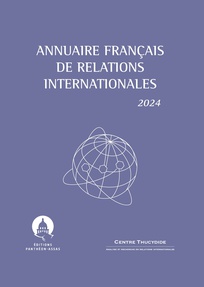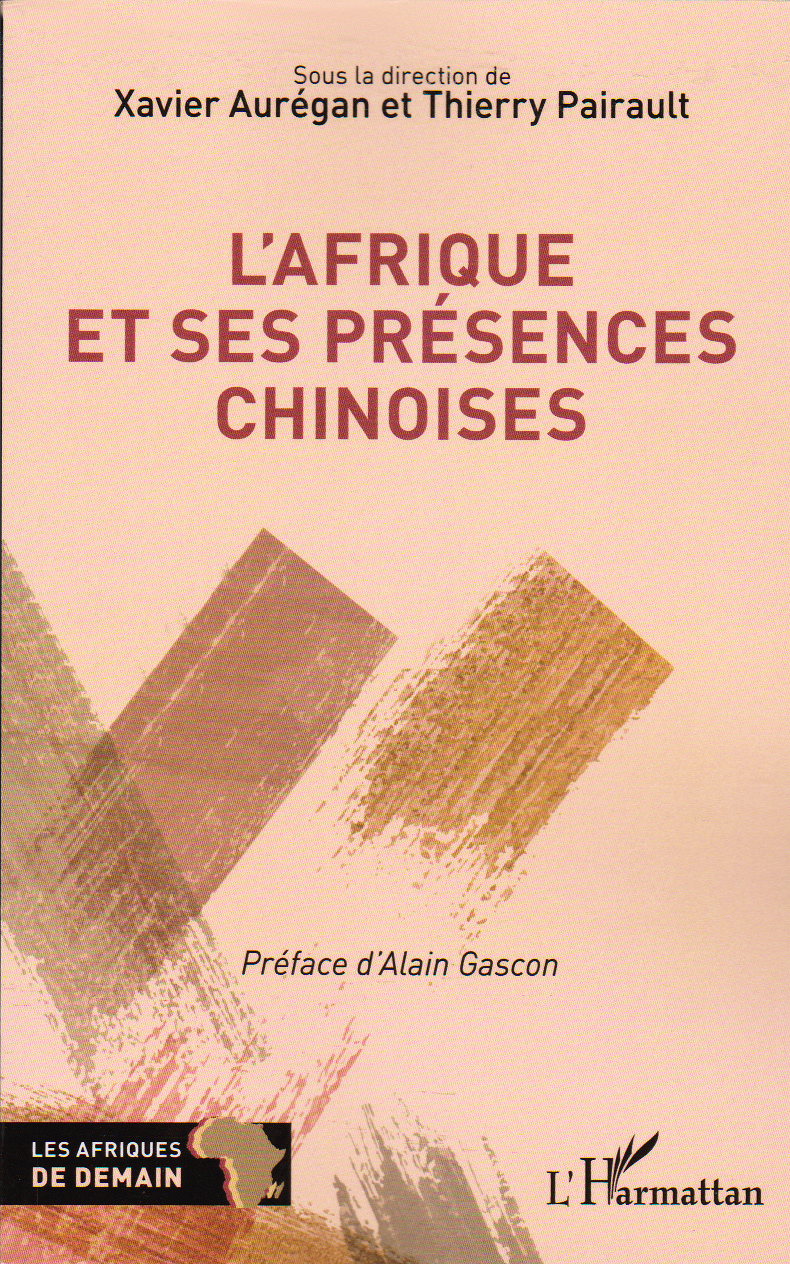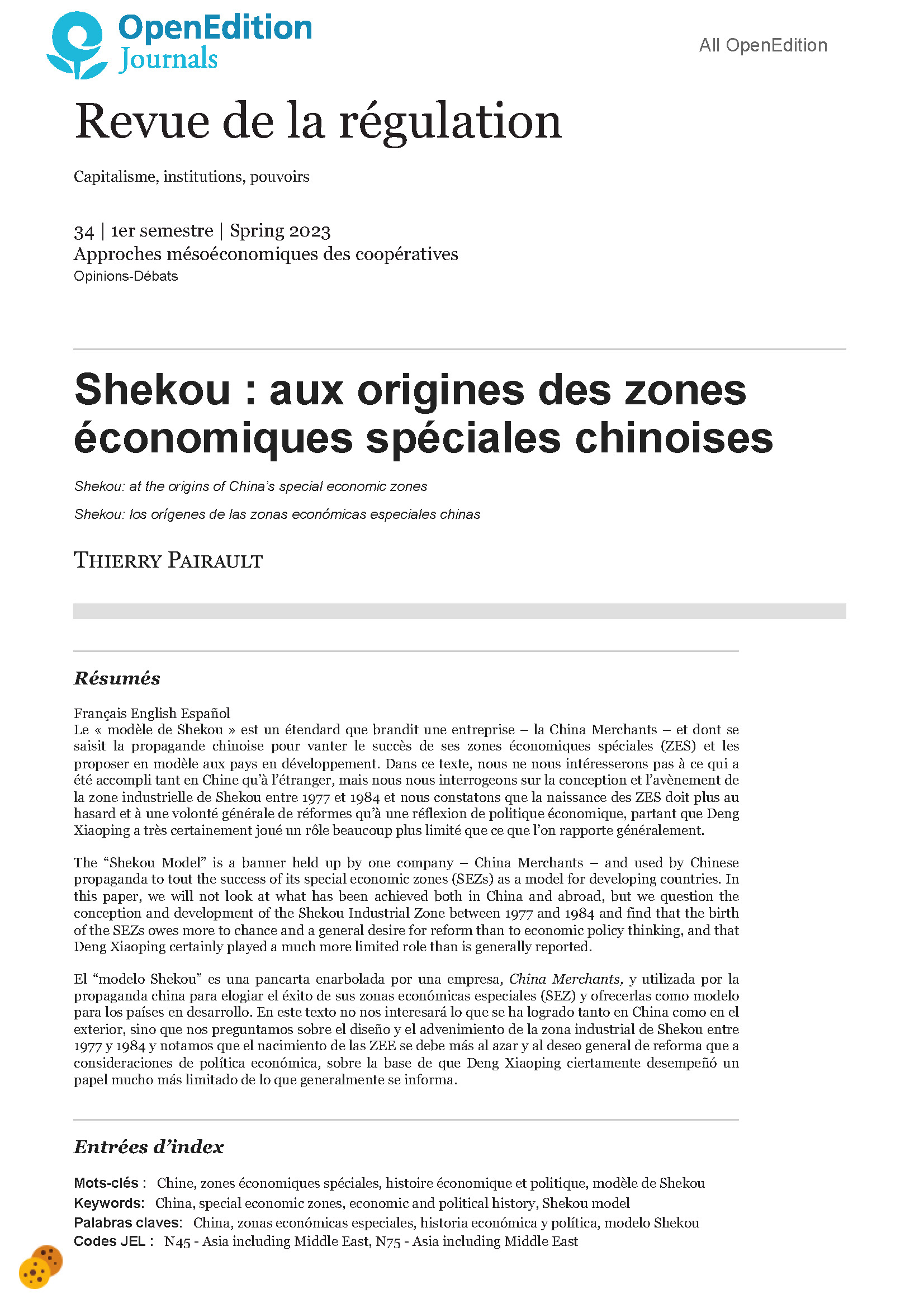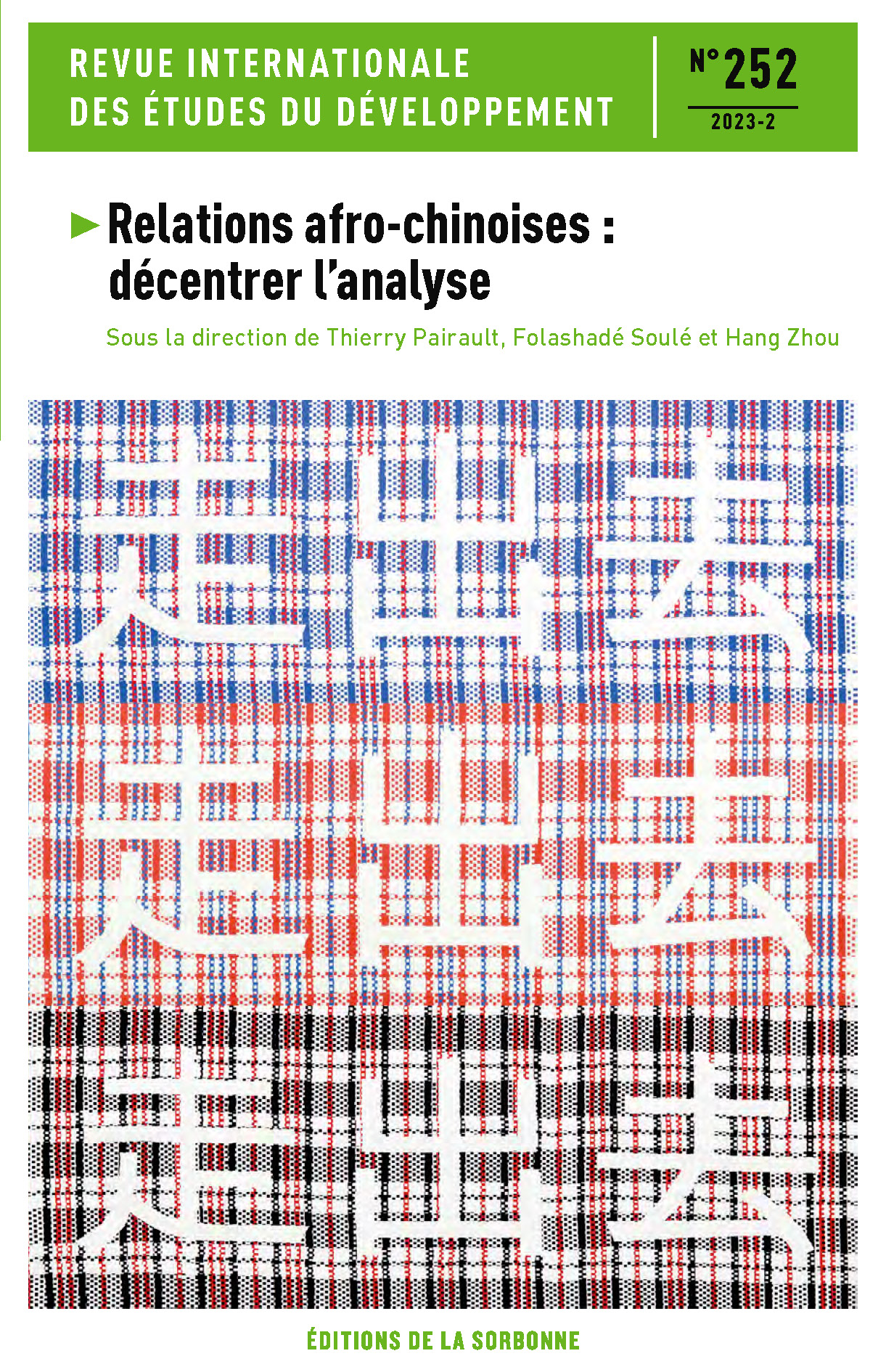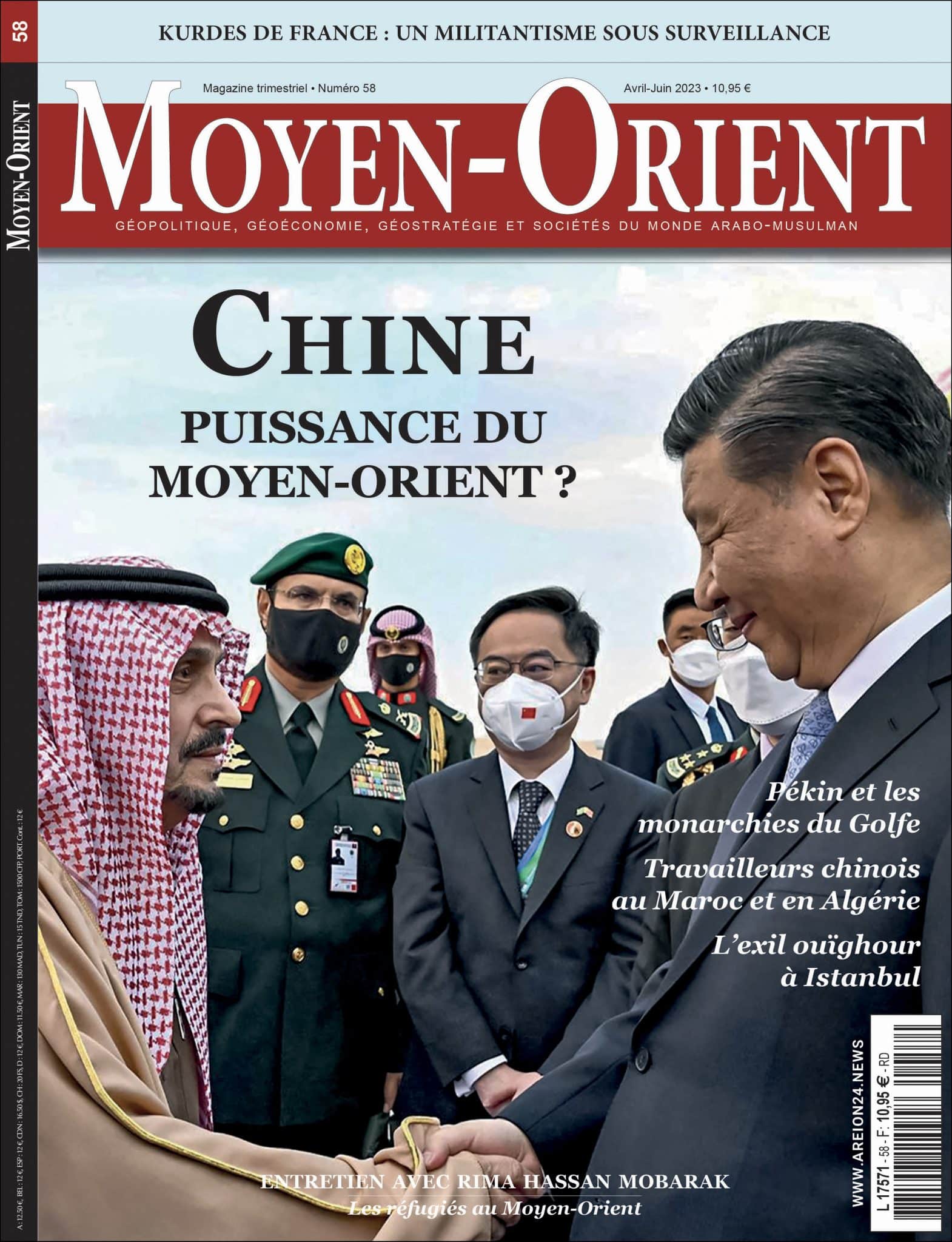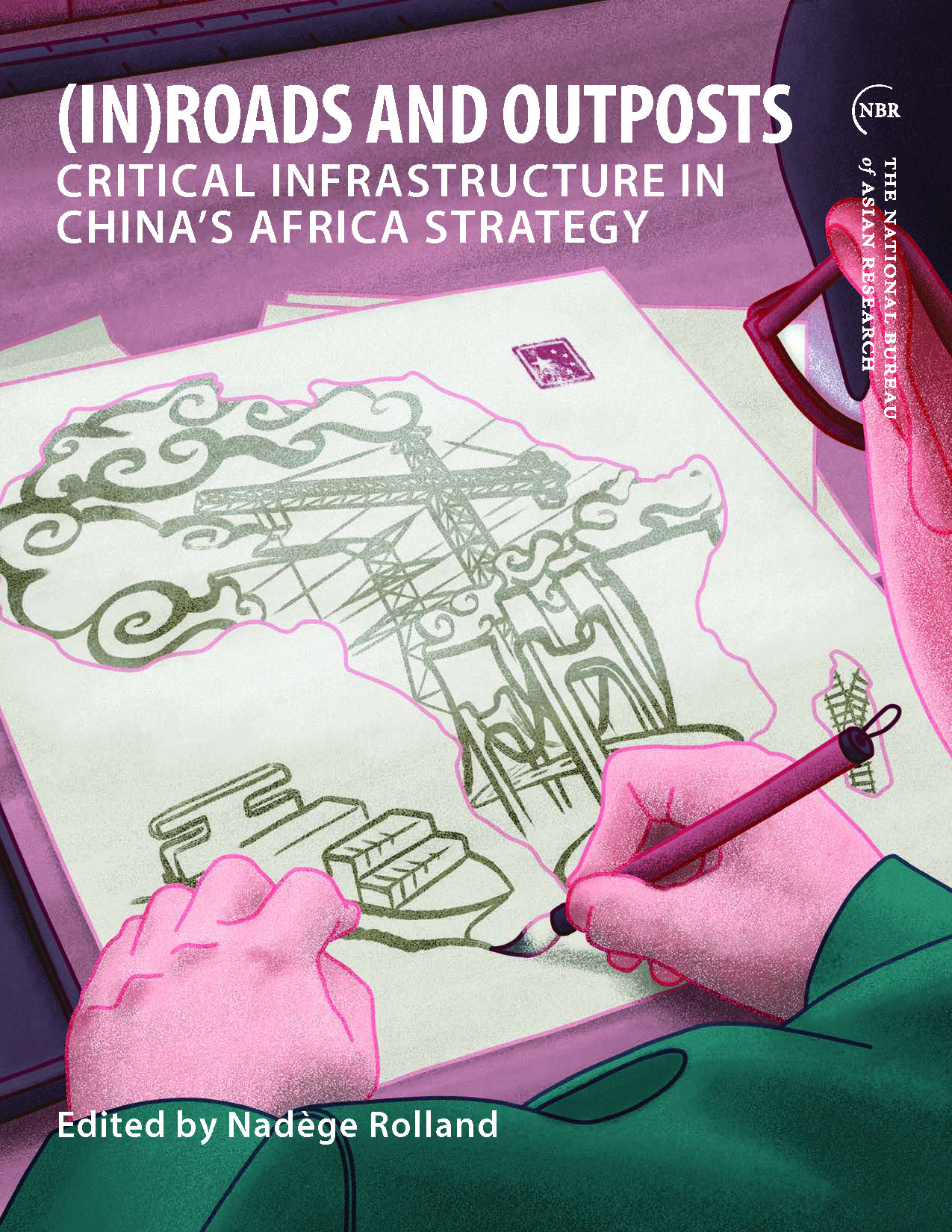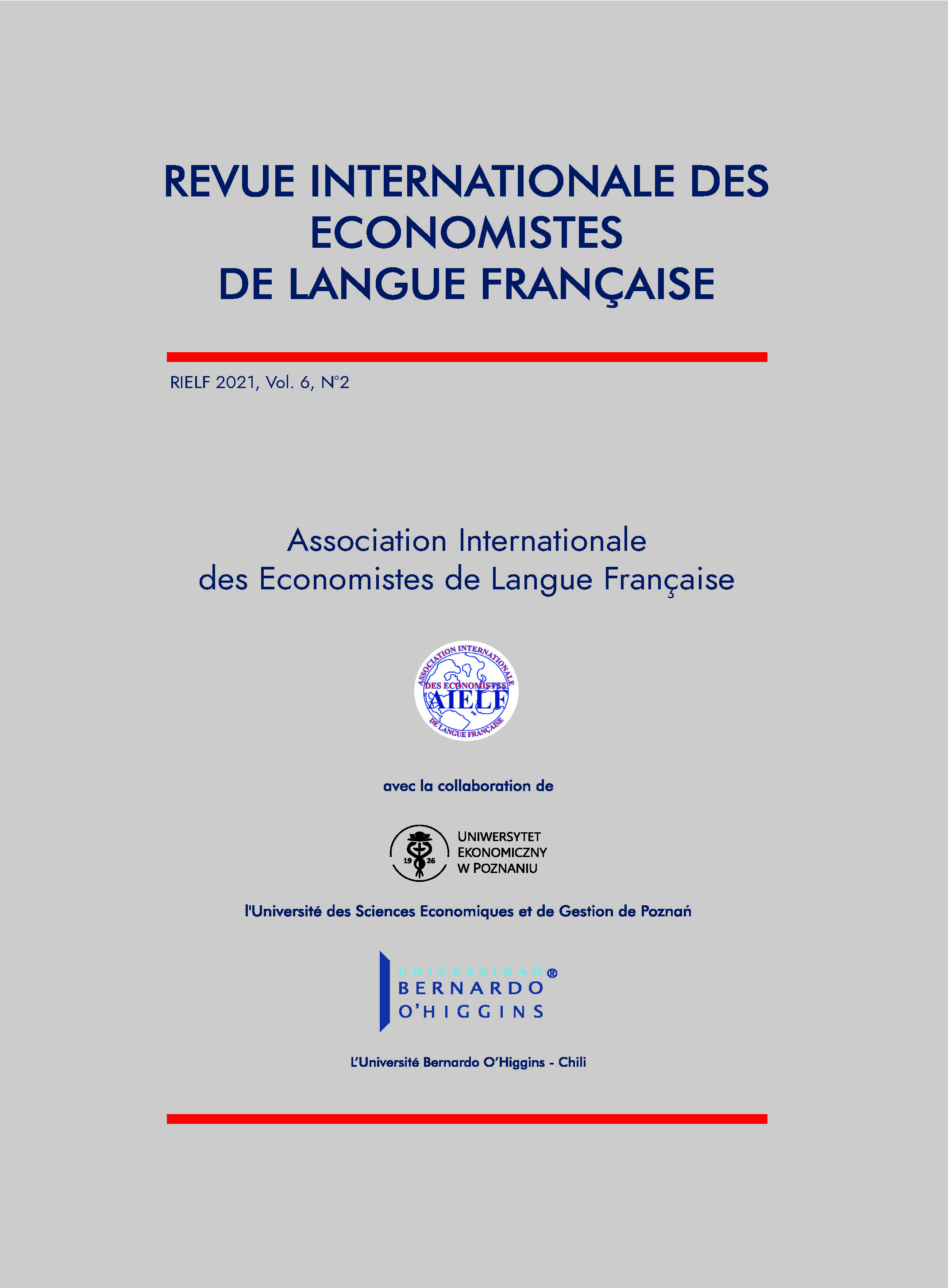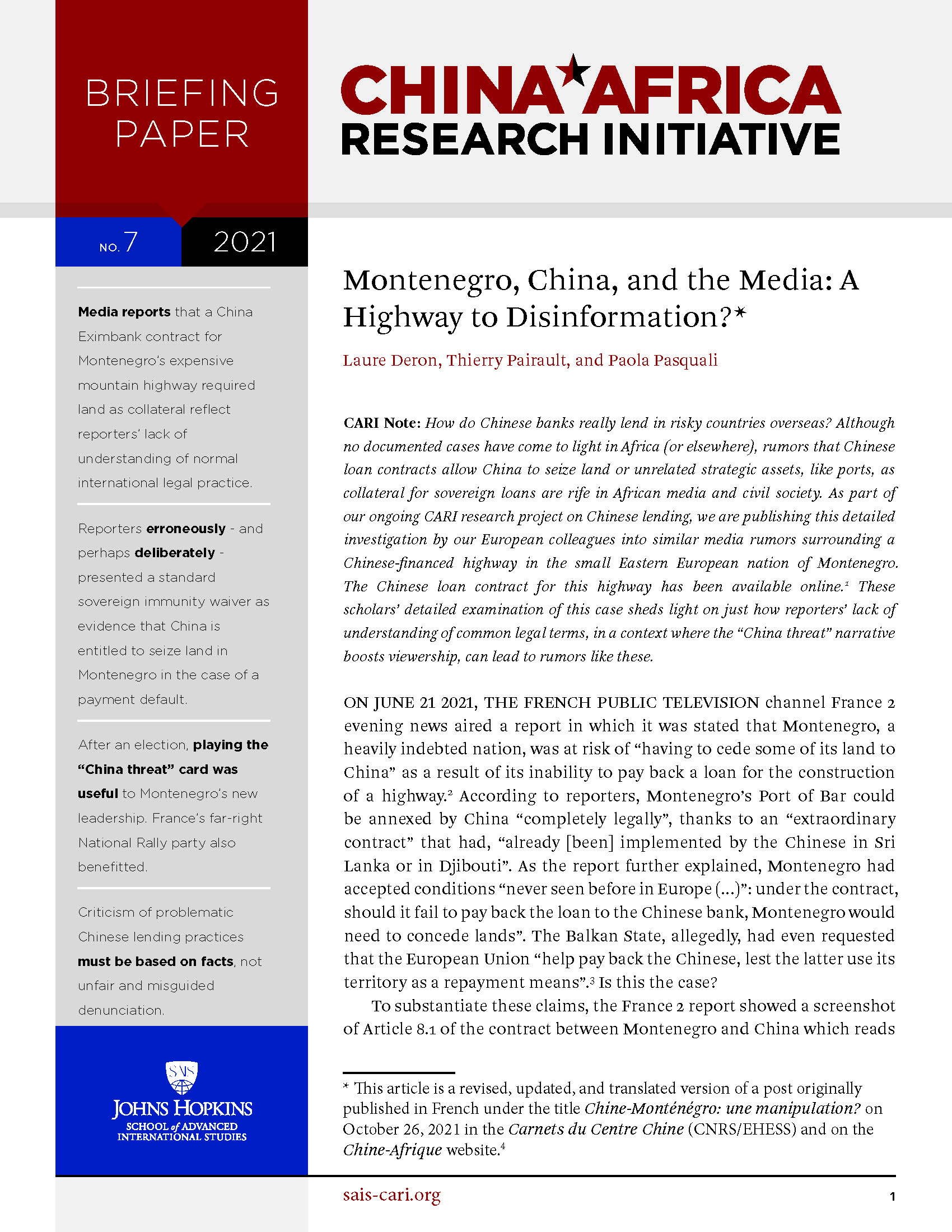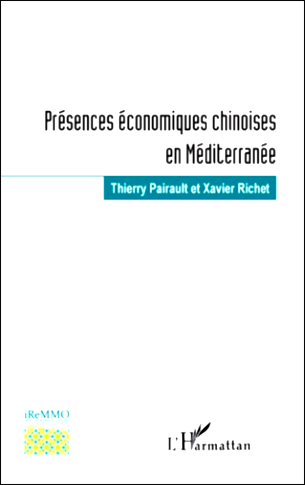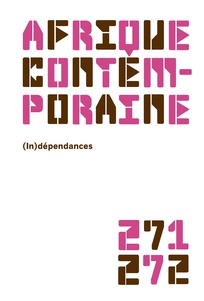Chinese Resource-Backed Infrastructure Financing Investments: Comparing Governance in Guinea and Ghana
Qianrong Ding, Hayden Hubbard, Emily Larkin, and Dawalola Shonibare
CARI Policy Brief, juillet 2021
This policy brief is an output of the CARI-funded SAIS-IDEV student practicum for the 2020-2021 academic year, based on the two cases provided by the Transnational Environmental Accountability Project (TEA Project).
Read on as authors Qianrong Ding, Hayden Hubbard, Emily Larkin, and Dawalola Shonibare conclude that although resource-backed infrastructure agreements provide needed investment into Ghana and Guinea, the lack of transparency in these agreements has created serious environmental, social, and governance concerns.
These concerns are in part due to a history of poor regulatory compliance by Chinese firms in both countries, and in part due to the lack of government transparency and regulatory enforcement in mining sectors of Ghana and Guinea. Improving transparency, regulatory enforcement, and feedback mechanisms between local communities, firms, and government can ensure that mining investments through RFI agreements are socially, economically and environmentally sound.

